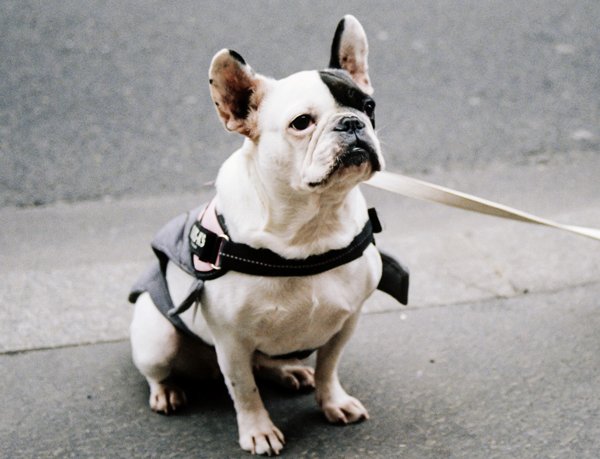
New regulations for dog owners
In 2018, the government of Quebec adopted Bill 128 aimed at promoting the protection of people by setting up a framework for dogs and in December 2019, it ratified the implementing regulations for this law which only potentially dangerous dogs, but also all dogs in Quebec to ensure the protection of the public.
Take a look at the
featured Local Savings
at the bottom of this page!
“The municipal council, in order to strengthen animal control on its territory as well as the safety of people, adopted By-law 1620. This substantially modifies the elements relating to pets while integrating the elements of Law 128 and its implementing regulations on dangerous dogs. There were 45 incidents involving dogs in Blainville between 2010 and 2018. As a Quebec municipality No. 1 for its quality of life, even if the old regulations contained tough measures, Blainville must ensure the safety of its citizens”, declared Mayor Richard Perreault.
The City also wishes to ensure ethical and safe animal control and limit the proliferation of stray animals on the territory.
By-law 1620
The number of animals per property is limited to four, including a maximum of three dogs or three cats. A person who was already keeping more animals than authorized before the adoption of the by-law must obtain a special permit from the City. In a survey conducted by the firm Aramis in March 2019 to which 854 citizens of Blainville responded, 74% support this measure.
In a public place, a dog must at all times be under the control of a person capable of controlling it and be held by a leash of a maximum length of 1.85 meters.
It is now compulsory, under provincial and municipal regulations, for all dogs weighing 20 kg and over, to wear a halter (head harness) or a chest harness when circulating in public places (streets, parks, green spaces, etc.).
The control of dogs deemed potentially dangerous or dangerous following incidents is reinforced according to the obligations contained in the implementing regulation of Law 128 (85% support in the 2019 survey).
Under provincial regulations, registration and wearing of the medal for all dogs in the territory is compulsory. Cats must also be registered and wear the tag.
Finally, the regulation makes the sterilization of cats aged six months and over, mandatory in order to avoid the proliferation of animals (65% support in the 2019 survey).
Registration and medal compulsory for dogs and cats
“As mentioned, Law 128 and its implementing regulations make registration and wearing of the medal compulsory for dogs. Cats are also subject to this obligation in the municipal bylaw,” mentioned the chairman of the public security commission, Serge Paquette.
The registration of dogs and cats is valid for the life of the animal. To register a dog or cat, there are two options: complete an online form and receive the medal by mail ($ 25 + $ 3 postage) or go to an authorized partner to complete the form, register an animal and receive the medal ($ 25). The sums collected for registration are used only to pay the operating costs by the SPCA and to produce the medals.
Halter and chest harness
According to provincial regulations, Municipal By-law 1620 makes it compulsory to wear a halter or chest harness for dogs over 20 kilograms.
“The halter is a harness that is placed on the head of an animal in order to control it effectively. The halter is not a muzzle and does not prevent the dog from breathing freely. This device increases the effectiveness of the leash and gives the keeper better control. The halter also has the effect of calming the dog, ”added the vice-president of the public security commission, Michèle Murray.
As for the chest harness, it has the particularity of attaching to the front at chest level and not on the back as with conventional harnesses. This type of harness is designed to gently discourage dogs from pulling since it is used to restrain sudden movements without harming them.
The Order of Veterinary Doctors of Quebec is in favor of this equipment, which increases the protection of citizens while respecting the well-being of the animal.
Regulation 1620 also contains several articles relating to the welfare and protection of animals and the City of Blainville site includes more information on that.















